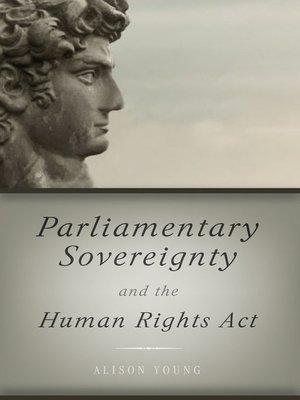
Sign up to save your library
With an OverDrive account, you can save your favorite libraries for at-a-glance information about availability. Find out more about OverDrive accounts.
Find this title in Libby, the library reading app by OverDrive.



Search for a digital library with this title
Title found at these libraries:
| Library Name | Distance |
|---|---|
| Loading... |
The Human Rights Act 1998 is criticised for providing a weak protection of human rights. The principle of parliamentary legislative supremacy prevents entrenchment, meaning that courts cannot overturn legislation passed after the Act that contradicts Convention rights. This book investigates this assumption, arguing that the principle of parliamentary legislative supremacy is sufficiently flexible to enable a stronger protection of human rights, which can replicate the effect of entrenchment. Nevertheless, it is argued that the current protection should not be strengthened. If correctly interpreted, the Human Rights Act can facilitate democratic dialogue that enables courts to perform their proper correcting function to protect rights from abuse, whilst enabling the legislature to authoritatively determine contestable issues surrounding the extent to which human rights should be protected alongside other rights, interests and goals of a particular society. This understanding of the Human Rights Act also provides a different justification for the preservation of Dicey's conception of parliamentary sovereignty in the UK Constitution.







